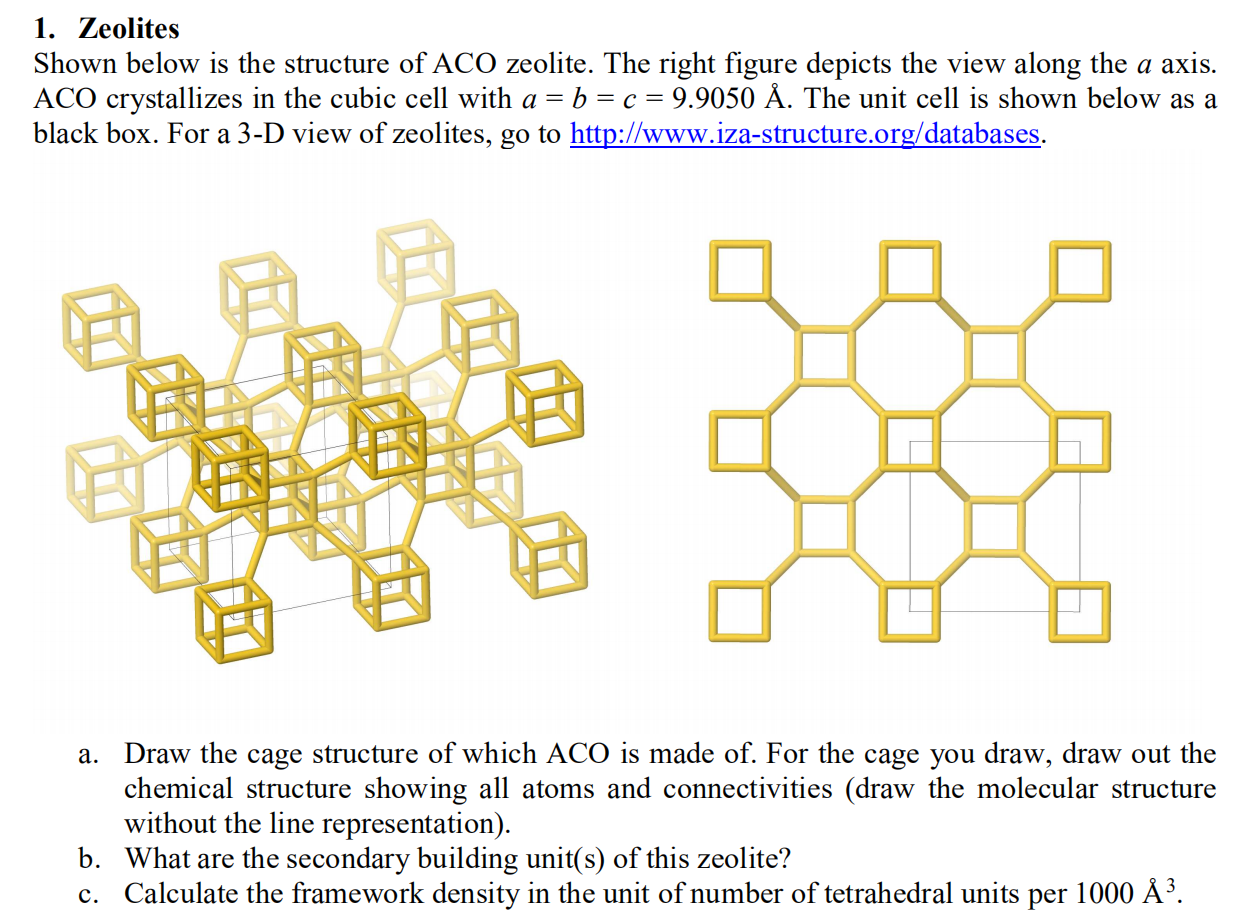OFAC is an office of the U.S. Treasury responsible for outlining and prosecuting trade sanctions to support national security and protect against targeted individuals and entities, including foreign countries or individuals engaging in organized international crime. Complete all applicable sections. Failure to provide adequate information may result in your application being returned without action. Attach copies of any documents related to the underlying transaction (e.g., technical specifications; official commodity classification from the u.s. Department of commerce; invoices; bills of lading; copy of the original payment or transfer instructions;.
Here’s what you need to know about the OFAC sanctions list — the searchable database of individuals and entities restricted from doing business with U.S. businesses and individuals. We’ll explore what it means for health care organizations, and how maintaining compliance reduces reputational, financial, and patient risk.
What is OFAC?

According to the U.S. Department of the Treasury, “The Office of Foreign Assets Control (OFAC) administers and enforces economic and trade sanctions based on U.S. foreign policy and national security goals against targeted foreign countries and regimes, terrorists, international narcotics traffickers, those engaged in activities related to the proliferation of weapons of mass destruction, and other threats to the national security, foreign policy or economy of the United States.”
Put plainly, OFAC publishes lists of individuals and companies owned, controlled by, or acting for, countries that threaten the national security of the U.S. The lists also include individuals and entities, not country-specific, that are known to engage in terrorism or narcotics trafficking activity.
OFAC has three publicly available searchable databases for free on its website:

- The Specially Designated Nationals and Blocked Persons list (SDN List)
- Consolidated Sanctions List
- Additional OFAC Sanctions Lists
Checking these lists is crucial for any organization doing business in the U.S. or globally because these business activities are subject to heavy civil and even criminal penalties. And the penalties are severe: fines can range from $11,000 to $1 million for each violation, even if the violation was unintentional.
For violations that are intentional, prison time ranges from 10 to 30 years. The restrictions on these sanctions are applicable to every U.S. citizen and permanent resident, regardless of where they are located.
And, while many people are aware of sanctions widely shared in the media, such as those against Iran and North Korea, there are other entities that seem harmless, but should not be overlooked. The list changes several times a month, so constant monitoring is required.
There are Risks for Organizations Who Don’t Check the OFAC Sanctions List

Trade sanctions often make for major news stories. They have serious economic consequences not only for the countries and entities the sanctions are levied against, but also for U.S. businesses and other domestic organizations.
In 2019, the U.S. government introduced 30 public enforcement actions. This number is a staggering increase from 2018, which saw a total of seven settlements. These settlements topped over $1 billion — a new decade high.
Historically, the largest and most egregious settlements are within the financial services industry. However, more recently, other industries have been hit with large penalties — including health care.
As JD Supra reports, several of the largest penalties have been against small- to medium-sized health care organizations, including United Medical Instruments Inc. ($515,400), World Class Technology Corporation ($43,200) and HyperBranch Medical Technology, Inc. ($107,691).
In 2016, Alcon Laboratories was slapped with a $7.6 million fine for violations of the Iranian Transactions and Sanctions Regulations. They sold and exported medical end-use pharmaceutical products from the U.S. to distributors located in Iran and Sudan without authorization on 61. Additionally, they failed to self-disclose this violation to the government.
As regulators continue to crack down on violations, health care organizations must remain vigilant and thorough as they vet providers, contractors, vendors, and other partner organizations.


What the OFAC Sanctions List Means for Health Care Organizations
When it comes to health care, knowing who you’re doing business with matters.
Health care organizations receive millions of dollars in federal and state funding through the Affordable Care Act (ACA), Medicare, Medicaid, CHIP, and other programs. Doing business with an OFAC sanctioned or restricted individual or entity subjects an organization to criminal and civil penalties and puts patients, practitioners, and the security of the United States at serious risk.
OFAC screening and continuous monitoring provides transparency and integrity for providers, vendors, and contractors. Entities on the OFAC list can be deceptive, so having the right data set to search for aliases and verify identities is crucial.
While doing business with an entity on the OFAC or SDN list is risky, so is incorrectly identifying an individual who is not on the list. False positives can lead to discrimination, defamation, and other charges that tie up important organizational resources and damage reputations.
Ofacore
Performing a manual search is not only time consuming, but it also dramatically increases the margin of error in identification. Having an automated system that can not only check against these lists frequently, but also use a vast quantity of other records to cross-check searches, makes this process more efficient and accurate.
Verisys’ database contains 320 million verified, validated, and authenticated records that consistently and accurately identify individuals and entities.
Its real-time, automated connection to some of the most important data sets and primary source publishers, including OFAC, gives a 360-degree data profile on health care providers and entities.
Ofacon
This in-depth verification process allows Verisys clients to not only comply with federal laws and regulations, but also meet many other industry compliance standards. Having an accurate view of the individuals and entities you do business with shows your patients, vendors, and partner organizations a dedication to and value of patient safety and organizational integrity.
Www.ofa.com
| Written by Juliette Willard Healthcare Communications Specialist Being creative is my passion! Writer. Painter. Problem Solver. Optimist. Connect with Juliette on LinkedIn |




